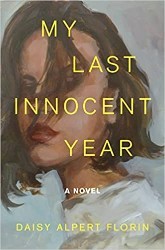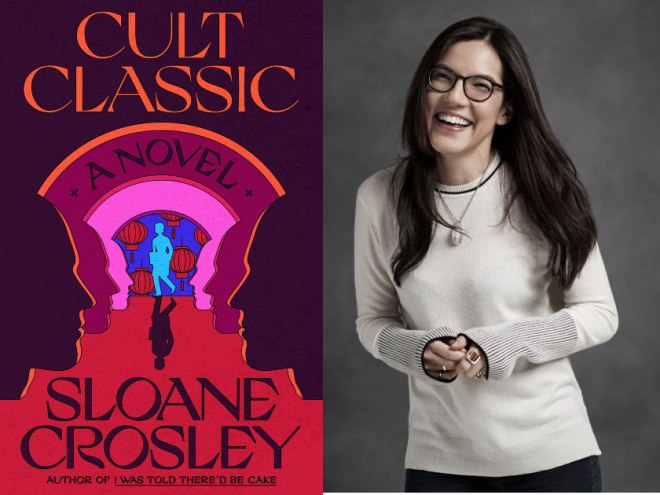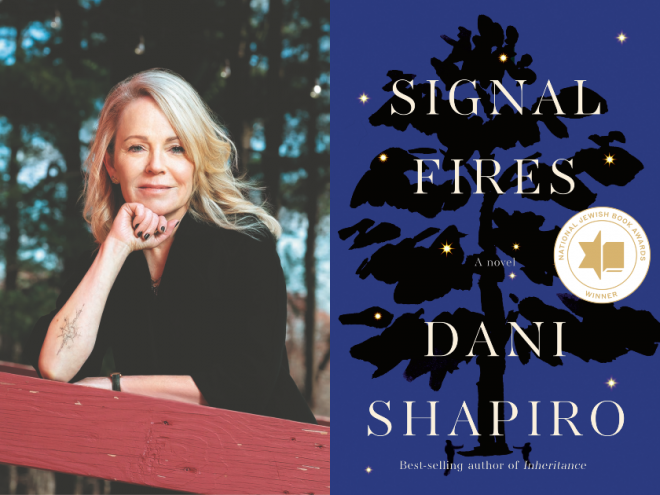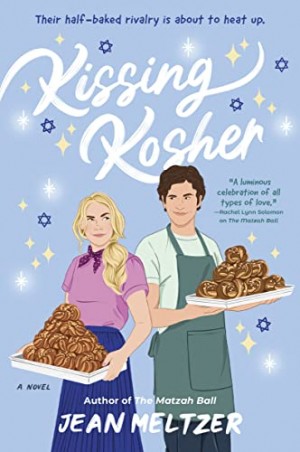The year is 1998. The president is under investigation for sexual misconduct. Themes of gender, power, and sex dominate the national conversation. And on college campuses, women are agitating for justice and respect. This is the landscape in which we meet Isabel Rosen, a senior at Wilder College, an elite liberal arts school in New England. Isabel, a New Yorker whose father runs an old-school appetizing store on the Lower East Side, is a fish out of water among her affluent, goyishe classmates. An aspiring writer, she contributes to bitch slap, her best friend Debra’s radical feminist journal, but she doesn’t share her friend’s revolutionary zeal. In the opening of the novel, Isabel has unpleasant sex with her friend Zev. After confiding in Debra about it, Debra drags Isabel to Zev’s dorm and paints “rapist” across his door. “Didn’t your mother ever warn you about Israeli guys?” Debra asks, convinced she knows exactly how things work between men and women. Isabel, queasy after the rush of confrontation subsides, is not so certain. Something happened between her and Zev, but she isn’t sure what. It’s an unresolved incident that casts a shadow over this moving, skillfully structured text, teeing up its central theme: that there’s a dark mystery at the heart of love, one that not even growing older and wiser can solve.
Post-Zev, Isabel becomes enamored with her writing teacher, R.H. Connelly, a wunderkind poet now reduced to “covering school board meetings” at a local paper and subbing in for professors on leave. Connelly is catnip to a young English major — sexy, dynamic, and full of praise for Isabel’s talent. As their relationship deepens, Isabel’s classmates and friends recede from the story, replaced by a focus on Connelly and two academic colleagues locked in an acrimonious divorce. It’s a campus novel more interested in the faculty than the students, such that Isabel’s peers can come across as underdeveloped. That said, Florin writes well about broken, complicated grownups as seen through a young person’s eyes. Her depictions of Isabel’s parents — her diligent, pragmatic father and thwarted, artistic mother — are rich with detail. Isabel’s own characterization can be a little vague, but that’s also a feature of her age.
As Isabel becomes increasingly entangled with the adults in her orbit, the story hurtles toward its conclusion. She finds that she too must make difficult, compromising choices. Though the novel is peppered with nineties references, its focus on class, feminism, and sexual politics is highly relevant to the current moment. When faced with a mistake, Isabel’s father says, “First I ask myself if it’s something I can fix. And if it’s not, I ask myself if it’s something I can live with.” Florin suggests that growing up means facing consequences we can’t fix — and living with them as best we can.
Chloe Cheimets has an MFA in fiction from The New School.






